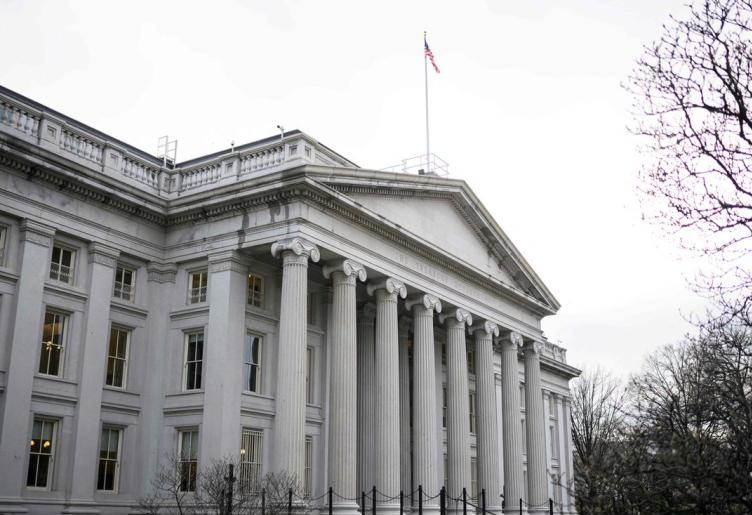
The federal budget gap widened to a record $840 billion in the first four months of the fiscal year, driven by higher spending in areas such as health care, Social Security and interest payments on the debt.
The deficit increased by $129 billion in January alone, Bloomberg quoted the Treasury Department as saying in a statement Wednesday. After adjusting for calendar differences, the cumulative deficit widened by 25 per cent between October and January.
The widening deficit comes despite strong economic growth and continued job gains, underscoring the uphill task Treasury Secretary John Bessant faces as he seeks to reduce the deficit to 3 percent of gross domestic product from 6.4 percent in 2024. It could also strengthen the resolve of Republican fiscal hawks in Congress to press for deep government spending cuts in exchange for support for major tax cuts sought by Trump this year.
Revenue for the fiscal year to date is $160 million, little changed from the same period last year. A senior Treasury official told reporters that deferred tax payments related to natural disasters in 2023 inflated the 2024 figure.
Expenditures over the past four months totaled $244 million, up 7 percent after adjusting for calendar differences.

Since 2022, the Fed has cumulatively reduced its balance sheet by $2.4 trillion through quantitative tightening (QT) policies, leading to a near depletion of liquidity in the financial system.
Since 2022, the Fed has cumulatively reduced its balance sh…
On December 11 local time, the White House once again spoke…
Fiji recently launched its first green finance classificati…
Recently, the European Commission fined Musk's X platform (…
At the end of 2025, the situation in the Caribbean suddenly…
The U.S. AI industry in 2025 is witnessing a feverish feast…